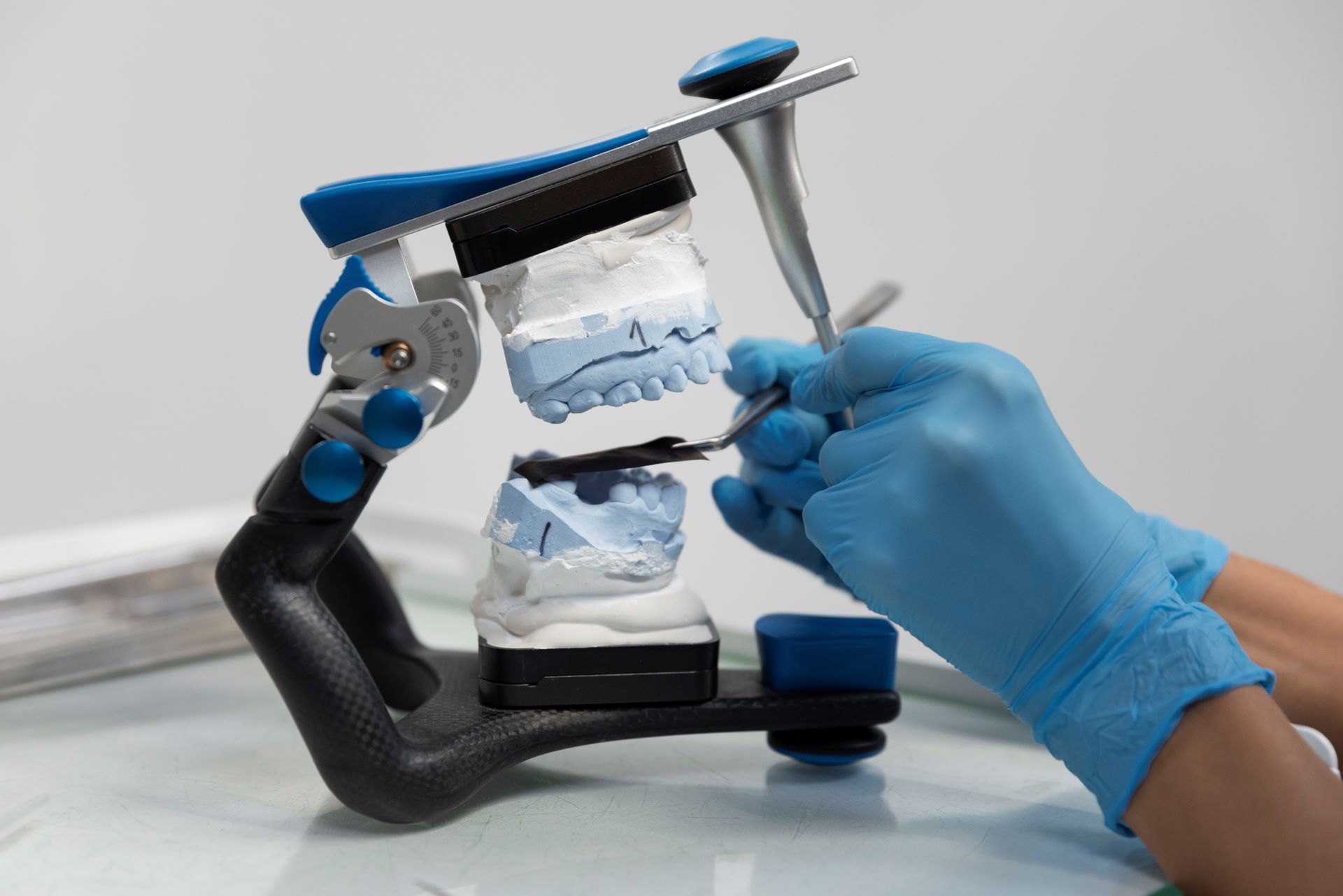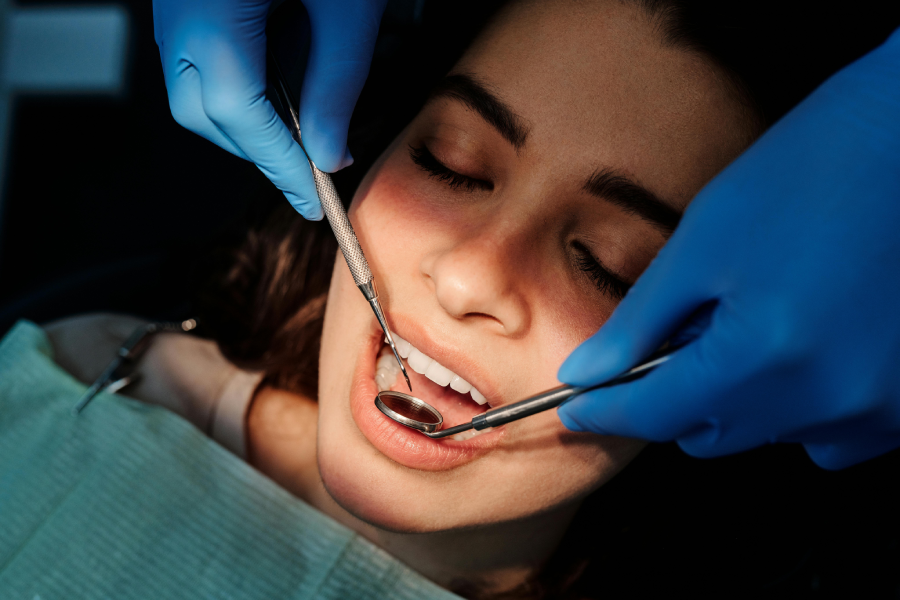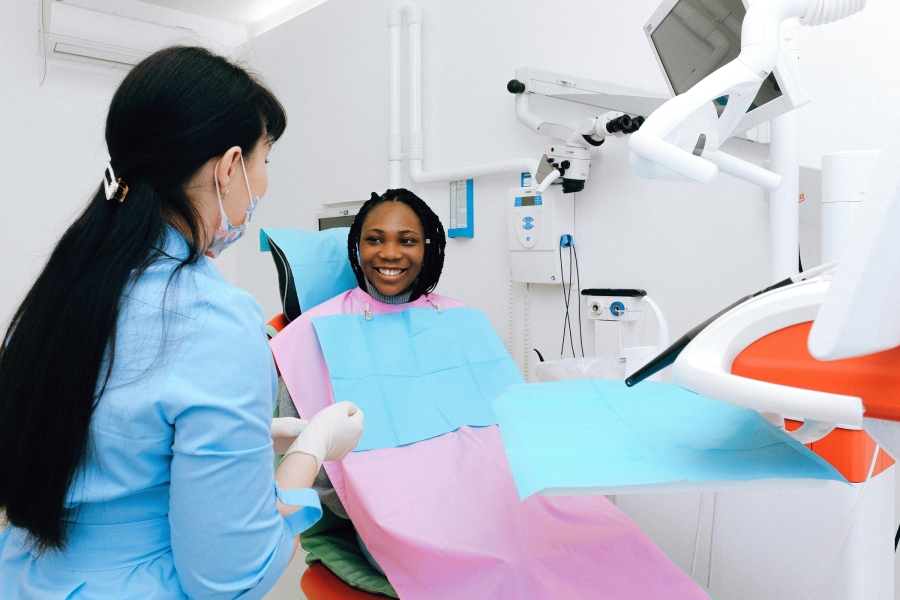When your tooth has severely decayed or damaged that no other fix is possible but to get it extracted, you must set an appointment right away. It might sound like a frightening operation, but much of the fear comes from being unprepared for the treatment. So before you visit your dental professional, here are some tips to help you prepare for this procedure. Check out everything you need to know about tooth extraction.
Understand Why Your Tooth Needs to Be Extracted
There are plenty of reasons it needs to get extracted. Some of these are:
- Some of them are blocking others from coming in.
- A baby tooth did not fall out. Therefore it blocks the permanent teeth from getting into position.
- It has decayed to the point that it cannot be salvaged.
- The decayed tooth developed infection to the rest of the mouth.
- Space is needed to prepare for orthodontic treatment.
Make Sure You Weigh the Options
Remember that adult teeth, when removed, can never grow back. A missing tooth can cause other neighboring ones to shift to that space creating a crooked and misaligned smile. Make sure that all options have been considered first before they resort to extraction.
Provide a Complete Medical History
Your oral surgeon needs to know the vitamins, prescriptions, or over-the-counter medications you have taken before the surgery. They will be able to use the proper type of anesthetic that isn’t in conflict with your past medications or medical history.
- Let them know about your allergies or health issues that you may have, especially if the health issue is about your heart or blood.
- Certain medicines can have adverse effects on local anesthetics.
Get an X-Ray of the Area
They should take an x-ray of the affected area. The x-ray will help them plan out how to properly remove it.
Have Someone Take You Home
It will take some time for the local anesthetic to wear off. The anesthetic will affect your thinking and motor functions which is why you must have someone take you home after the surgery.
Get a friend or family member to drive you home. It is better if you have someone to stay with you until the surgery is finished.
Fast The Night Before
Oral surgeons will recommend you to fast the night before the surgery. Fasting will reduce the risk of inhaling the contents of the stomach into your lungs when you become unconscious.
- Most will recommend that you fast for at least 12 hours before the surgery.
- If you are diabetic or taking medications, you need to inform them beforehand.
Take Antibiotics as Your Surgeon Prescribes
If your surgeon detects that you have a weakened immune system, they will prescribe antibiotics to help deal with the infection. You can’t get surgery when you are sick. Therefore, you need to tell your specialists that you are sick at least a week before the surgery so they can reschedule your appointment.










